Paul snuggled against his mother’s shoulder, eyes wide and alert as she carried him down the hospital hallway.
He didn’t make a fuss as Mom and Dad kissed his soft cheeks and set him in the arms of a nurse.
At 6 months, Paul had already been through open heart surgery. And now he was about to undergo surgery for Hirschsprung disease, a disorder of the colon. But no fear of doctors, medicine or hospitals seemed to ruffle his calm “I’ve got this” attitude.
For his parents, Paul and Whitney Langereis, the operation represented one more big step on their parenting adventure.
“We try to be positive about every single aspect,” Whitney said. “This is our first child and so I think we’ve treated all of this as normal for us.
“Our anxiety level is up there, don’t get me wrong. But we don’t know what we don’t know. We haven’t had another kid to compare this to.”
The couple learned some challenges lay ahead early midway through Whitney’s pregnancy. The 20-week ultrasound revealed their child had a heart condition and possibly had Down syndrome.
Spectrum Health fetal medicine specialists cared for Whitney during the pregnancy. At 37 weeks, the doctor induced labor and Paul Langereis III was born—named after his father and grandfather.
A biopsy
Because of his heart condition, he spent his first days in the Neonatal Intensive Care Unit at Spectrum Health Helen DeVos Children’s Hospital. Tests confirmed he had an extra chromosome 21, indicating Down syndrome. And he had a serious heart defect that would require surgery.
“We learned a lot that first week,” Whitney said.
Initially, little Paul seemed to adapt well.
“We were a little overwhelmed,” his dad said. “But we were really excited that he was eating and that he could feed from a bottle.”
But on his second day, a doctor called with a new concern: Paul didn’t appear to be digesting food. His belly was distended.
A biopsy of the colon revealed Hirschsprung disease, a condition in which nerve cells are missing on a section of the bowel.
“For reasons we don’t know, sometimes those nerves don’t make it all the way to the bottom (of the intestine),” said Elliot Pennington, MD. “Those nerves tell the intestine when to relax. The area without nerves is constricted and tight all the time, which prevents babies from pooping normally.”
The birth defect occurs in about 1 in 5,000 newborns. It is more common in babies born with Down syndrome, affecting about 1 in 100, according to the National Institutes of Health.
Paul needed surgery to repair the bowel. But Dr. Pennington decided to wait, giving him time to grow bigger and to undergo surgery to repair his heart defect.
At 2 weeks of age, Paul’s parents brought him home to their house in Nunica, Michigan. Trained in bowel irrigation, they took charge of his intestinal functions.
Twice a day, they used a catheter to run fluid into his bowel and drain the stool.
“We kind of describe it as planned poops,” Whitney said.
A happy baby
In the coming weeks, the couple watched their blue-eyed boy grow bigger and more alert, playing and reacting to the world around him. He grew attached to his stuffed pelican. He liked seeing his reflection in the mirror. He loved tickles and belly kisses.
Despite the medical challenges, “We’ve been blessed in all other aspects of babyhood,” his dad said. “He is sweet, easygoing. He’s not super fussy. He’s a good sleeper.”
At 3 1/2 months old, Paul underwent heart surgery to repair a large hole in his heart.
“It went really well,” his dad said.
About two months later, Paul had recovered and grown. It came time for surgery on his bowel.
Dr. Pennington operated through the anus as well as through three small incisions on Paul’s abdomen. A scope with a camera, placed through a small incision in the belly, showed video of the intestine.
He first removed three small samples near the end of the colon and sent them to laboratory to see if they had nerve cells. If they did not, he would biopsy tissue further up the colon, until he found an area with functioning nerve cells.
The lab results came back, showing only a short segment of colon needed to be removed. He removed that portion of the bowel and pulled the healthy section of intestine down to connect it to the rectum.
The five-hour surgery went well. And the proof of its success came soon afterward: His parents changed his first poopy diaper.
Two days after the operation, little Paul lay in his crib at Helen DeVos Children’s Hospital, cooing up at the mobile overhead.
“He’s doing great,” Dr. Pennington said, stroking his head. “It was an uneventful recovery, which is just what we want.”
He will continue to monitor his bowel health. With Hirschsprung disease comes a susceptibility to a condition called enterocolitis, in which bacteria overgrows in the bowel.
“We will keep very close tabs on him until he’s potty trained,” Dr. Pennington said.
With his two major surgeries behind him, Paul’s parents looked forward to a more relaxed time with their son, to outings in good weather and the chance to introduce him to more friends and family members.
A high school teacher, Paul’s dad found caring for his son to be a learning experience in many ways—including a deeper empathy for parents of children with medical challenges.
“On a personal level, understanding that and being able to approach that in a more authentic and empathetic way is something I value a lot,” he said.
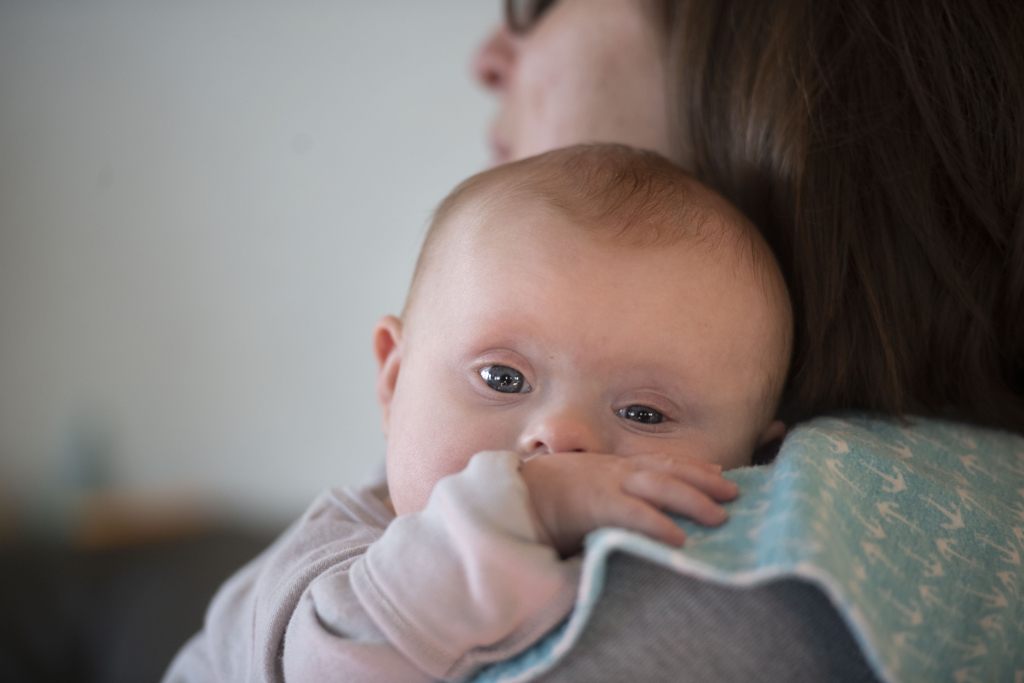
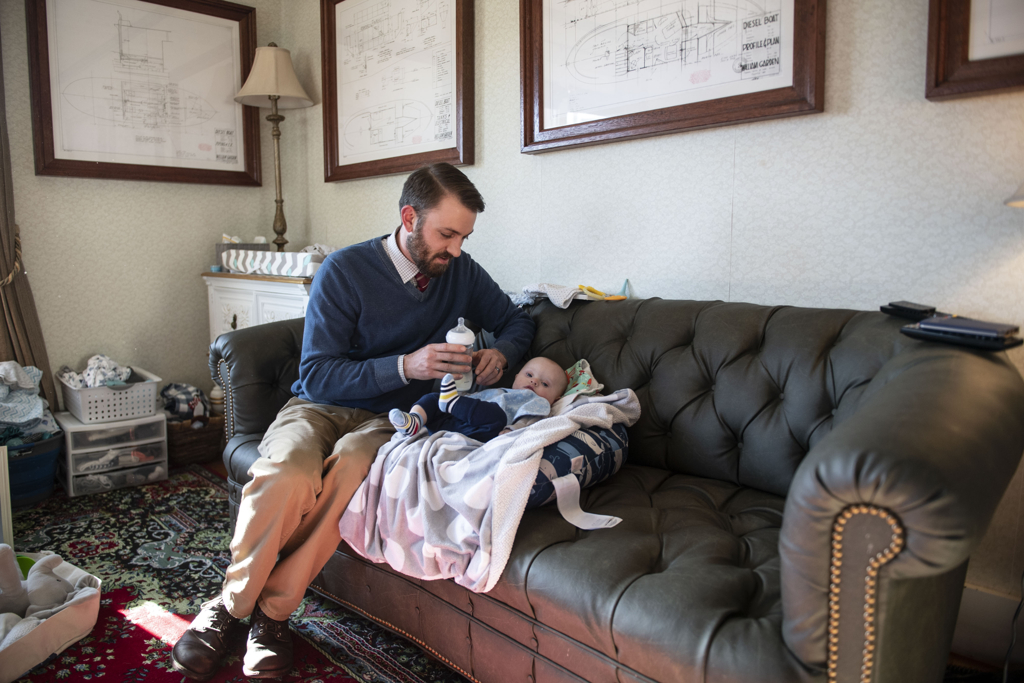
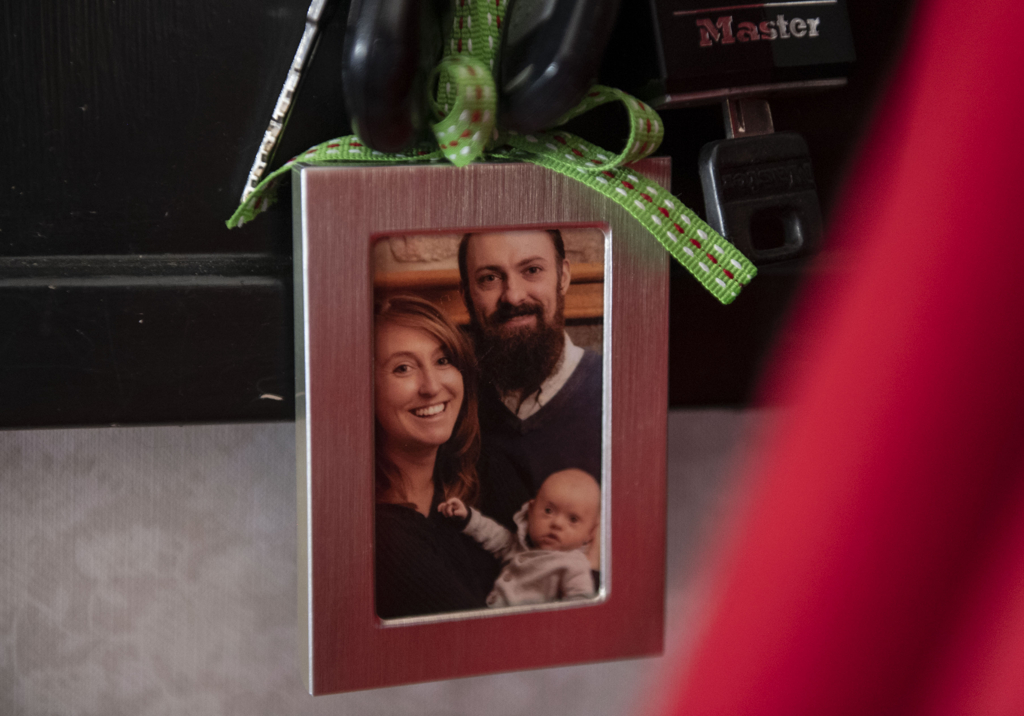
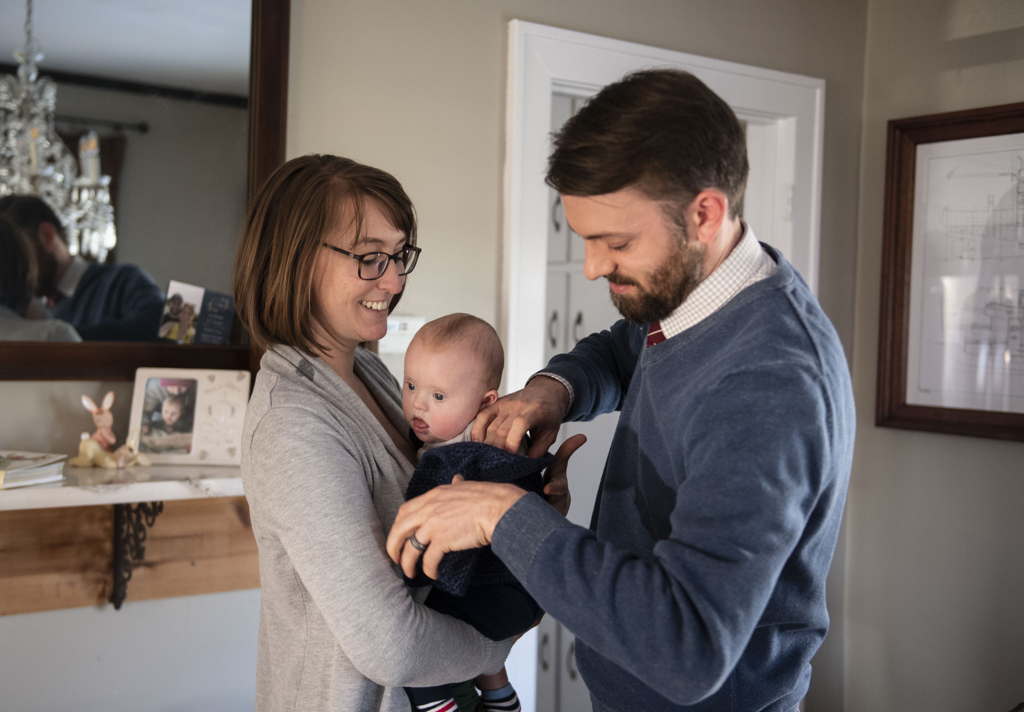
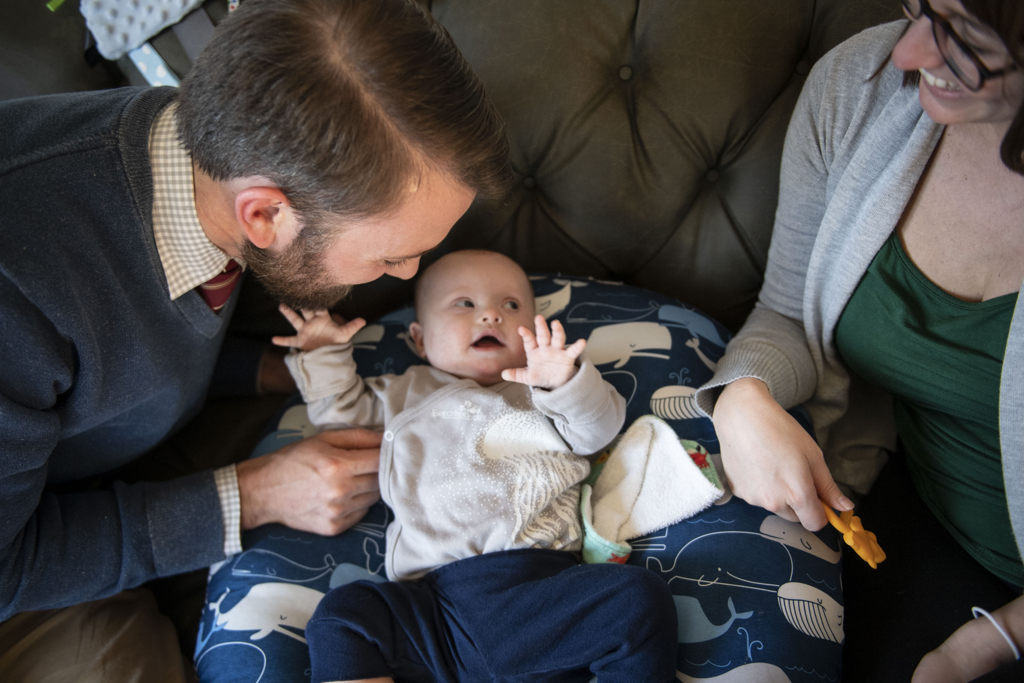
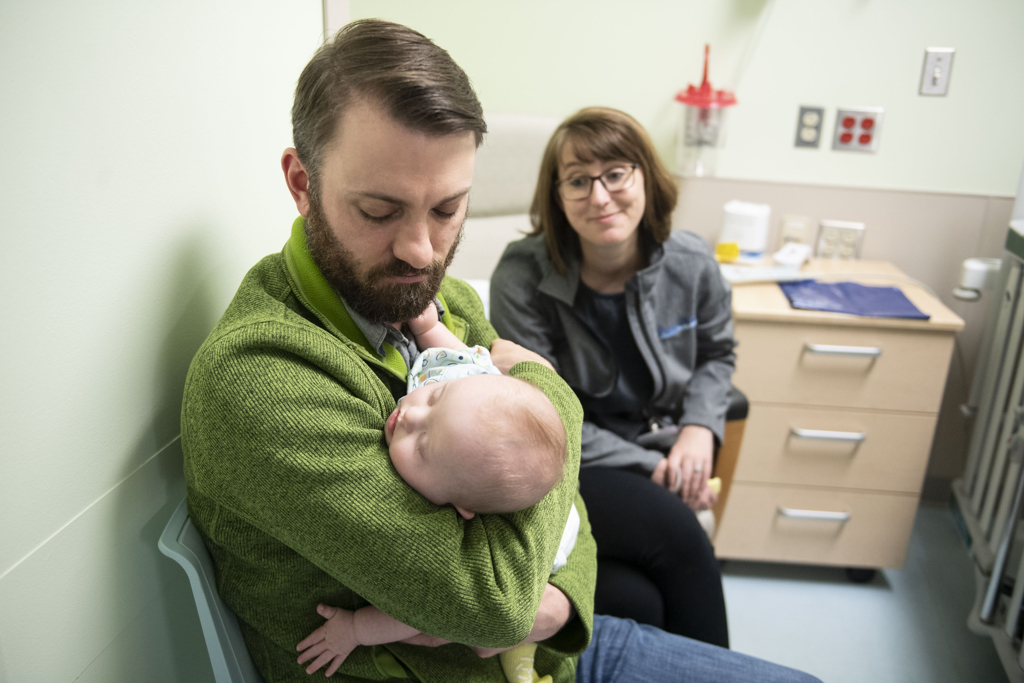
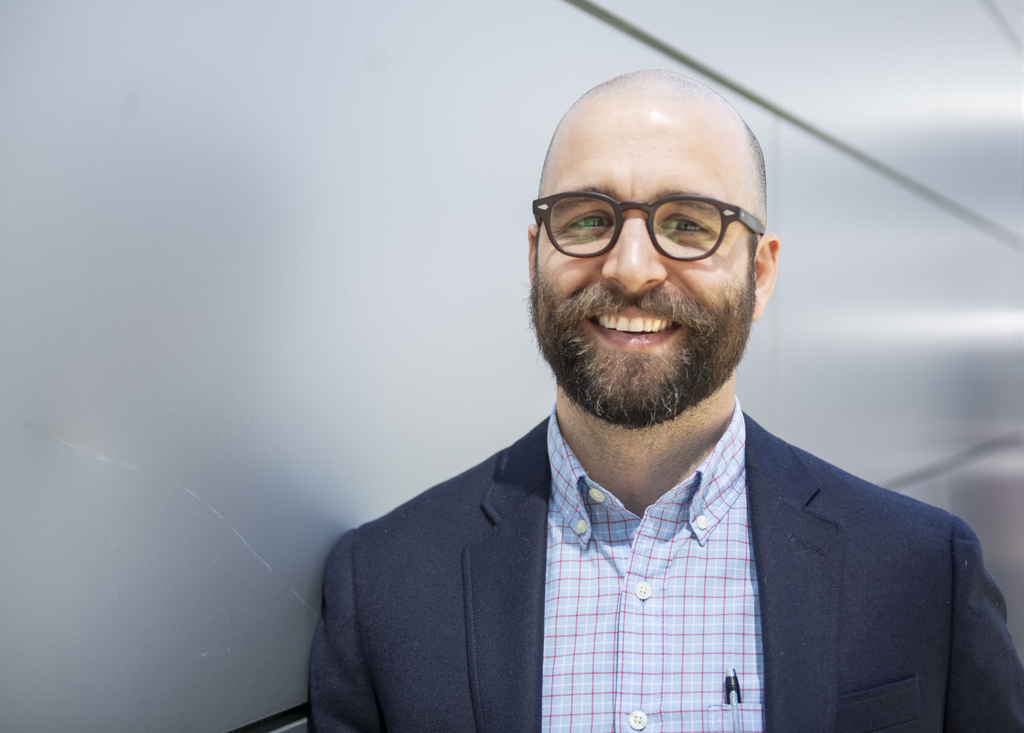
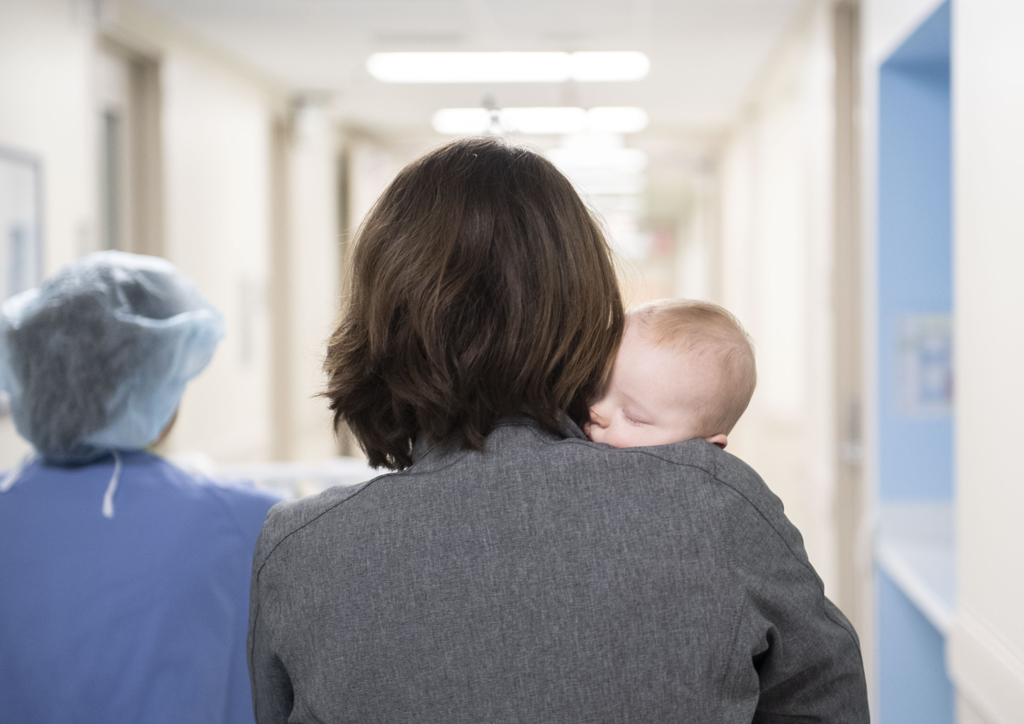
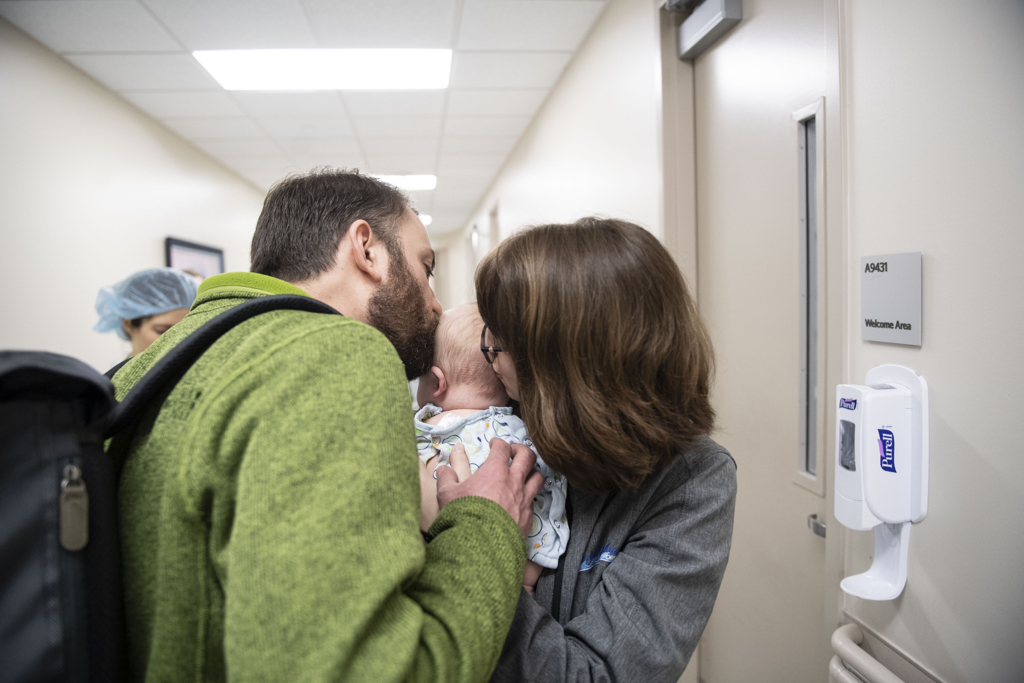
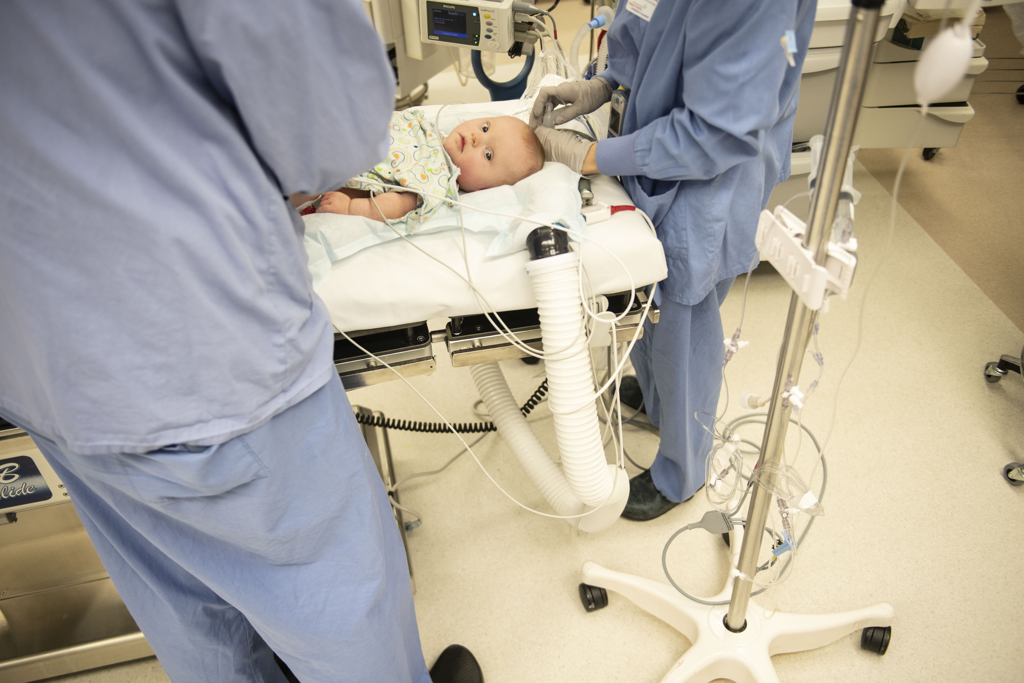
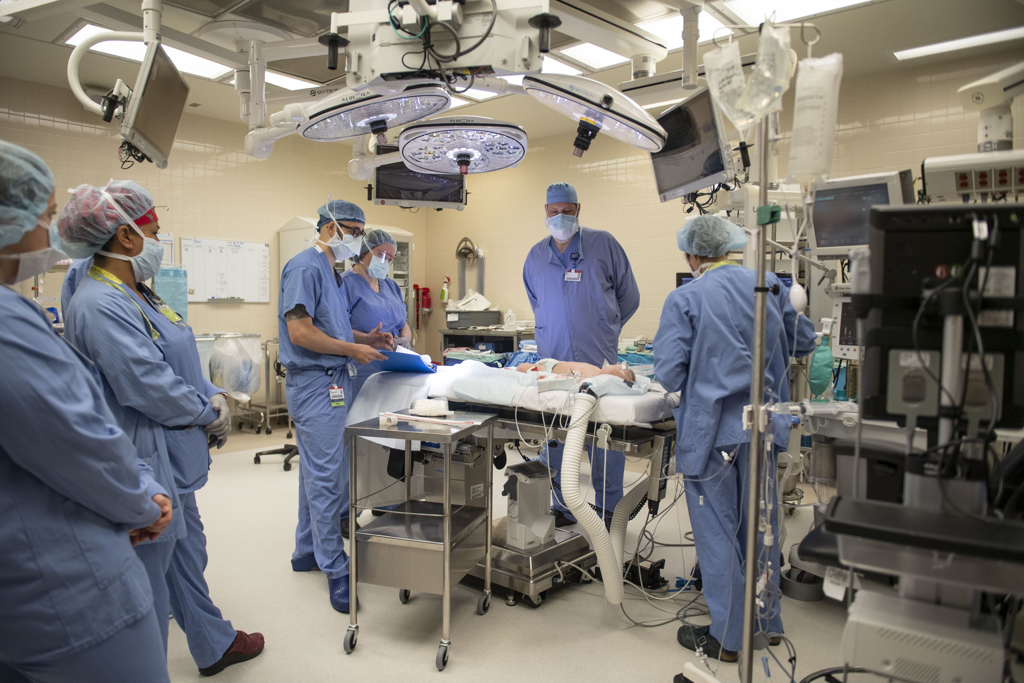
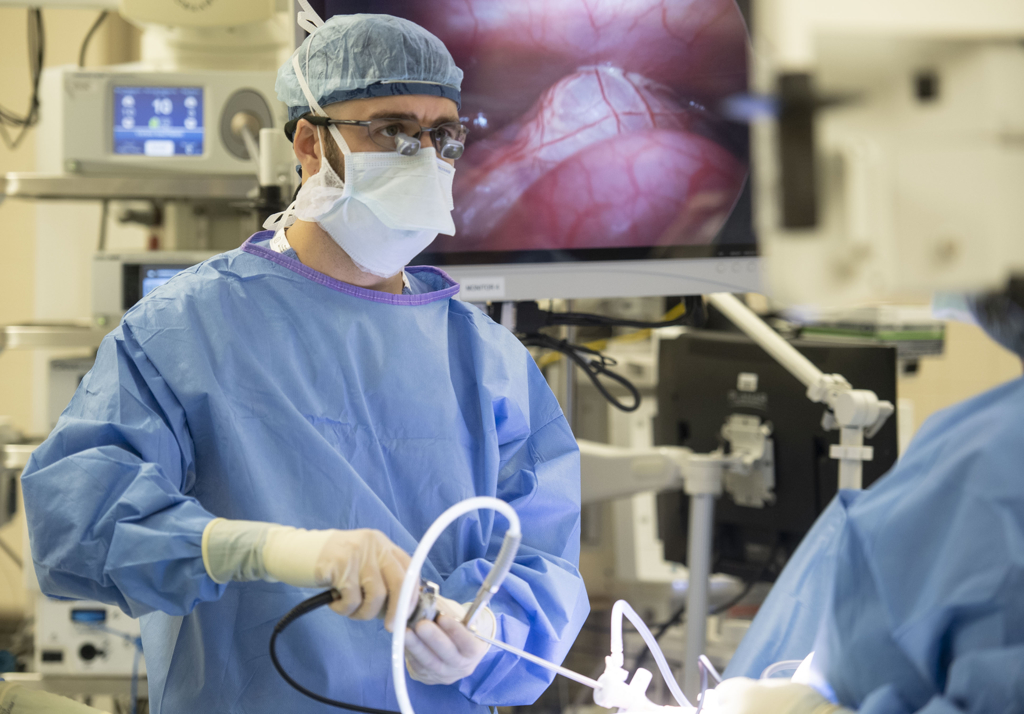
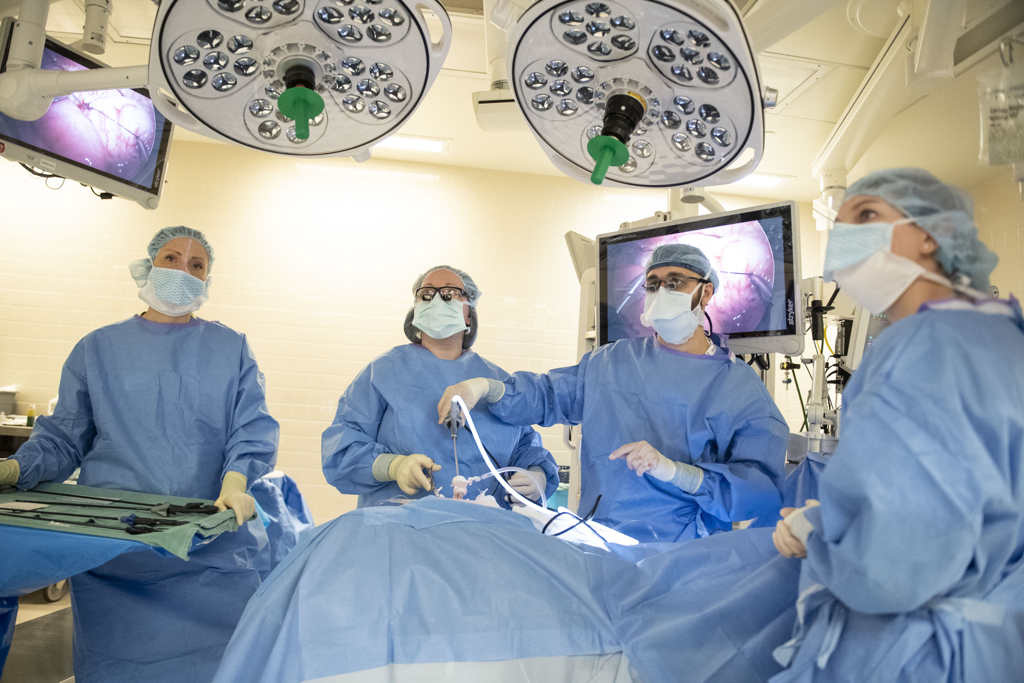
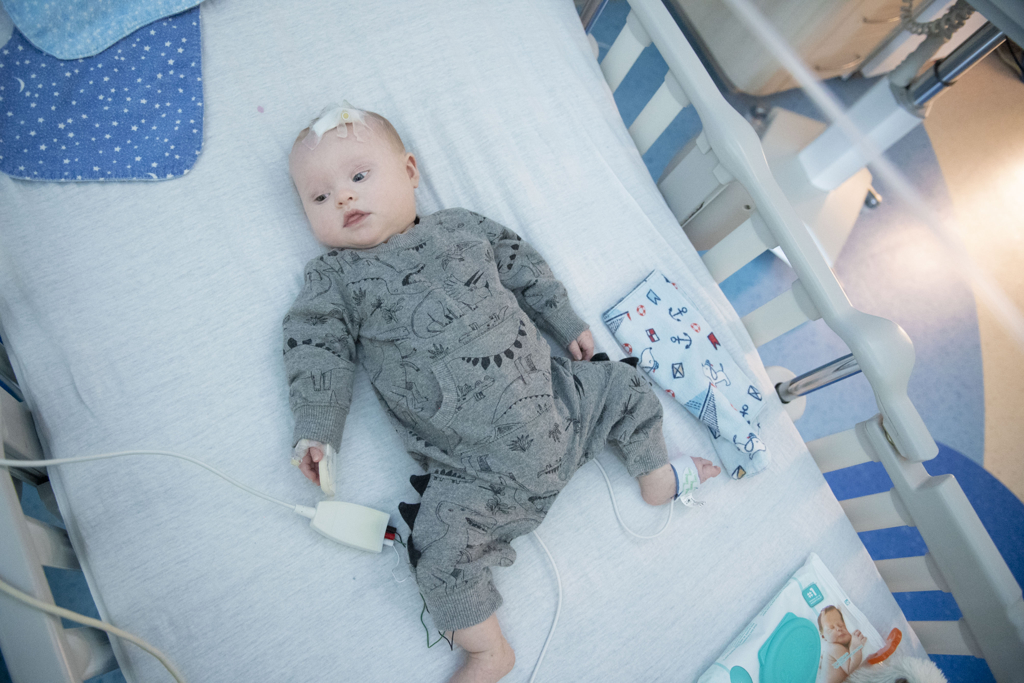
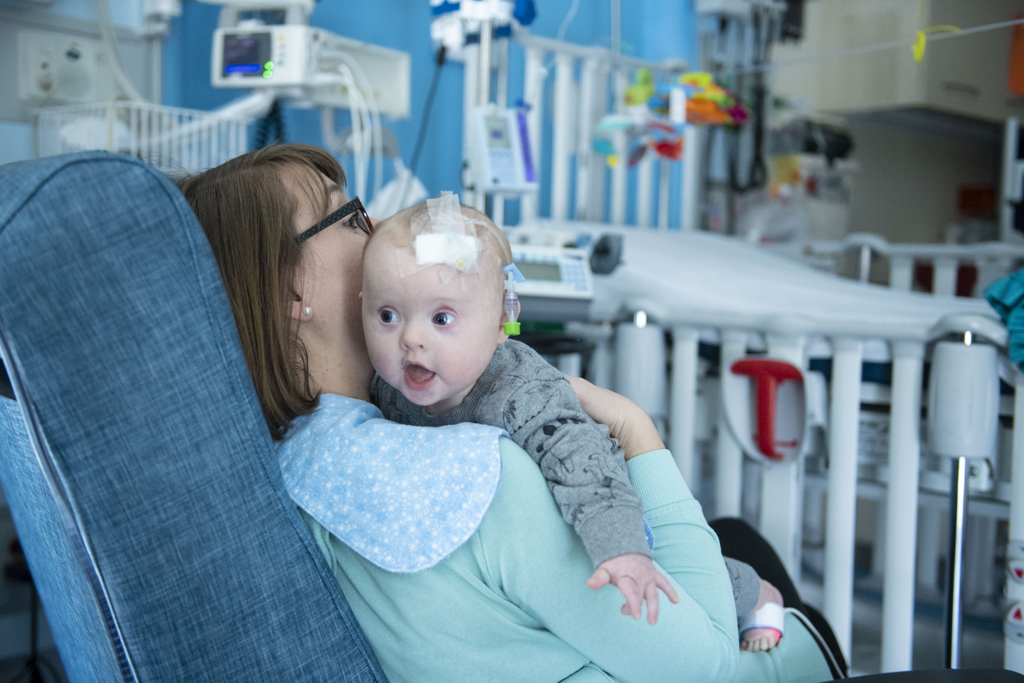
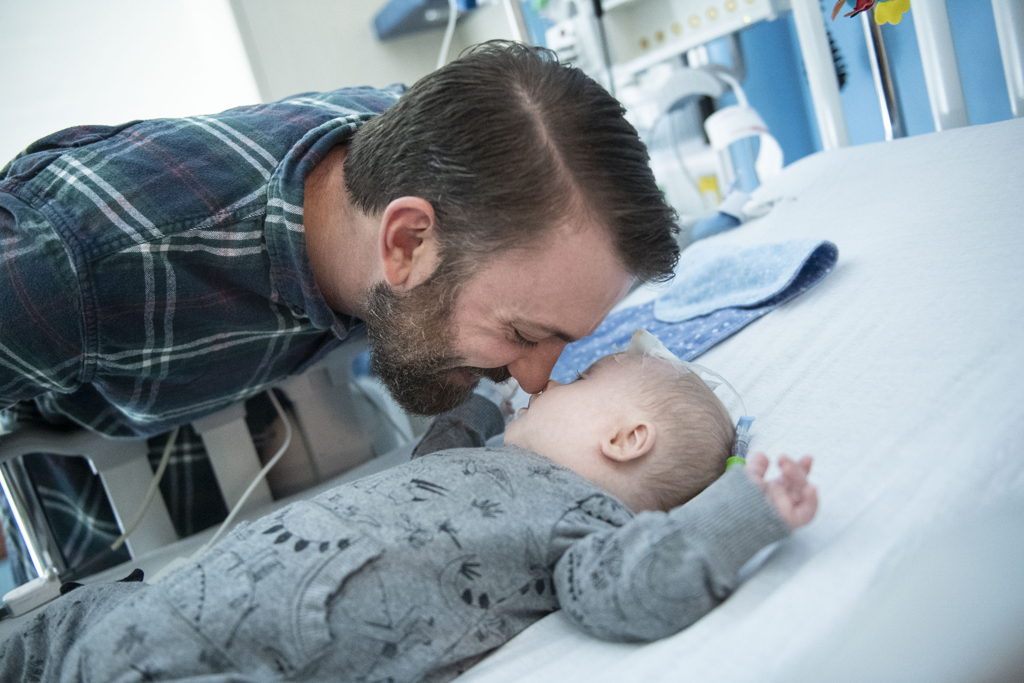
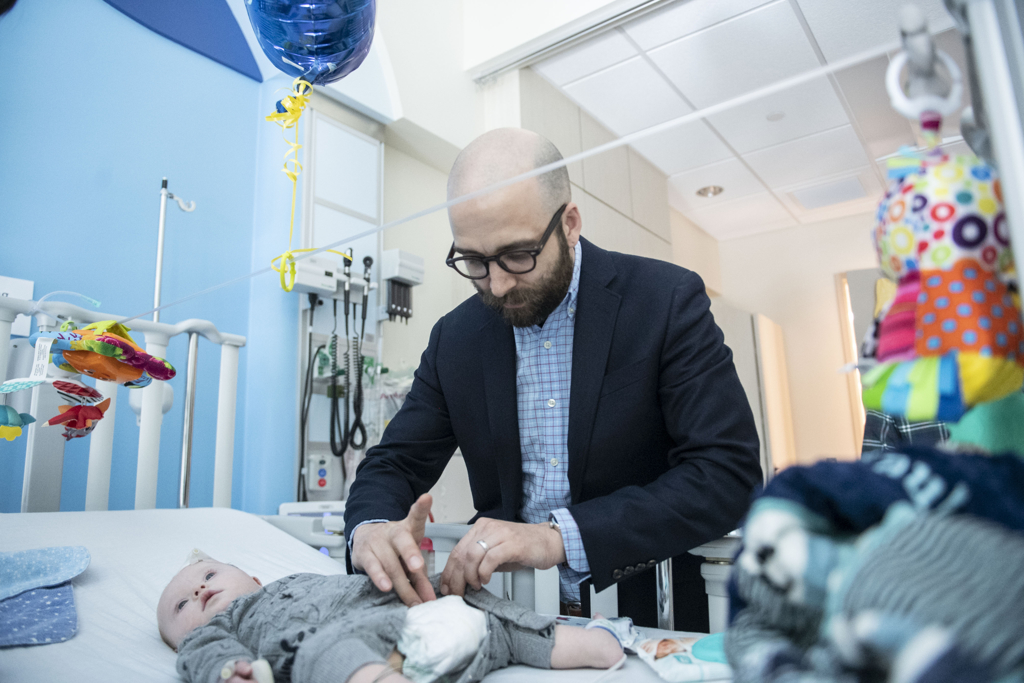
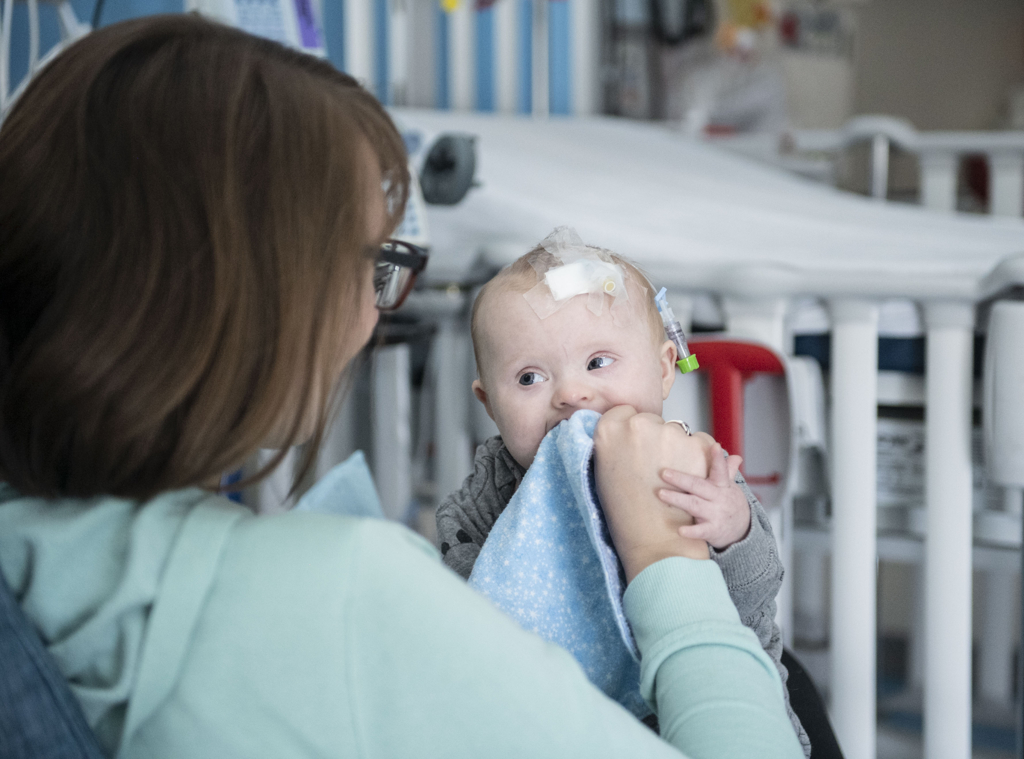
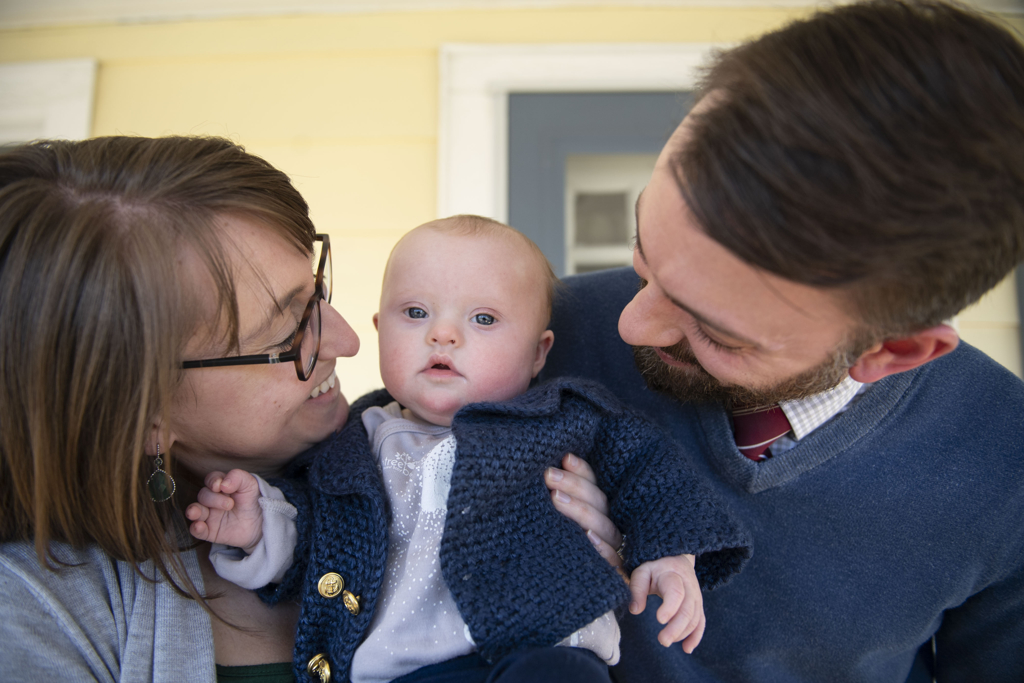

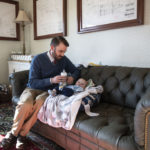
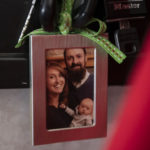
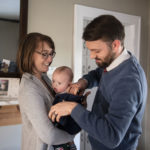
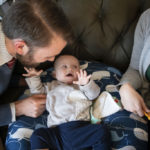
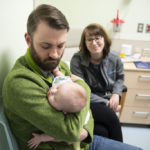













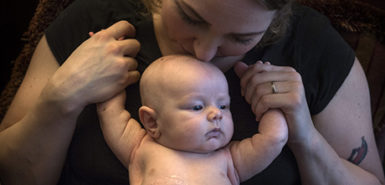 /a>
/a>
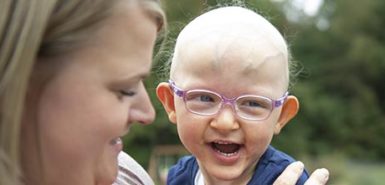 /a>
/a>
 /a>
/a>
What a beautiful little child and a beautiful story. Thank you for sharing this Sue.
Thank you. And yes — such a beautiful boy and a beautiful family.